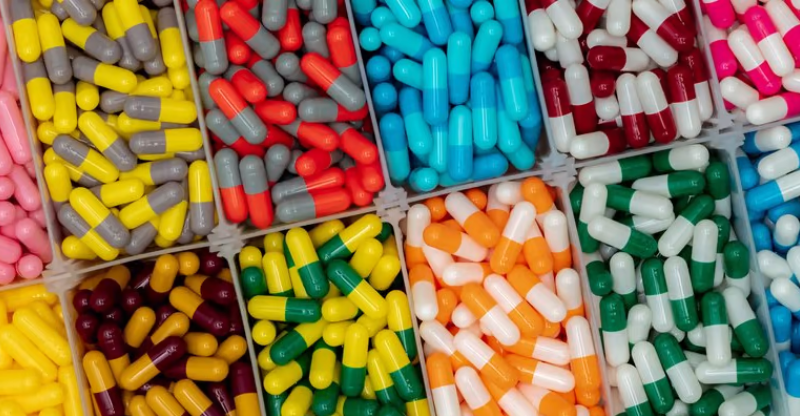Holding company Innoviva is acquiring late-stage antibiotic biotech Entasis Therapeutics, a 2015 AstraZeneca spinout that just posted phase 3 results worthy of an FDA filing last year.
Innoviva already owns about 60% of Entasis’ outstanding shares. Under the new definitive merger agreement, Innoviva will acquire all Entasis shares it doesn’t yet own at $2.20 apiece in cash. The deal values Entasis’ equity at $113 million on a fully diluted basis.
The acquisition isn’t surprising—the struggling antibiotics developer was fielding offers for a buyout at $1.80 per share earlier this year. After hitting the public markets in 2018 with a $75 million IPO and a share price of $15 per unit, Entasis has remained below $4 for the past two years.
The acquisition includes Entasis’ lead product SUL-DUR, which bested an existing therapy during a phase 3 clinical trial last year and is headed for an FDA filing in mid-2022. The Zai Lab-partnered drug targets Acinetobacter baumannii, a pathogen that can cause infections in the blood, urinary tract and lungs, and was deemed by the Centers for Disease Control and Prevention to be an urgent threat.
“We are pleased that Innoviva recognizes the significant potential of our R&D pipeline and talented team, who have made great progress advancing our precision antibacterial programs to address serious unmet needs in treating multidrug-resistant Gram-negative infections,” Entasis CEO Manos Perros said in a May 23 news release. “We believe that Innoviva is the ideal organization to maximize the value of our pipeline and accelerate our ability to bring novel antibacterial therapies to patients.”
The transaction advances California-based Innoviva’s strategy to acquire differentiated healthcare assets.
The deal also underscores the massive struggle antibiotic-focused biotechs face as new treatments are quickly outpaced by the rate of resistance. In 2019, almost 5 million deaths were tied to antimicrobial resistance, according to an analysis published in The Lancet.

